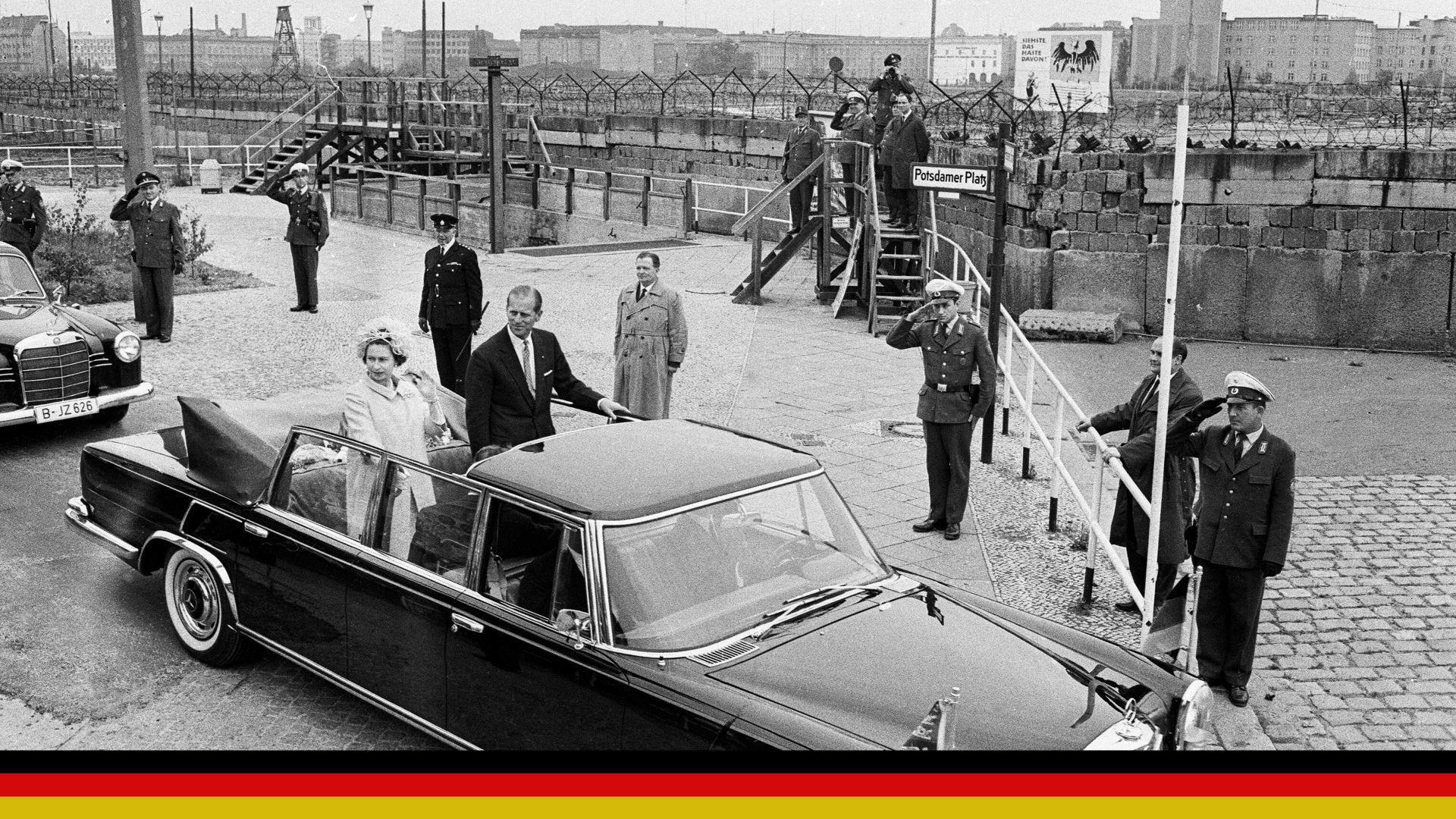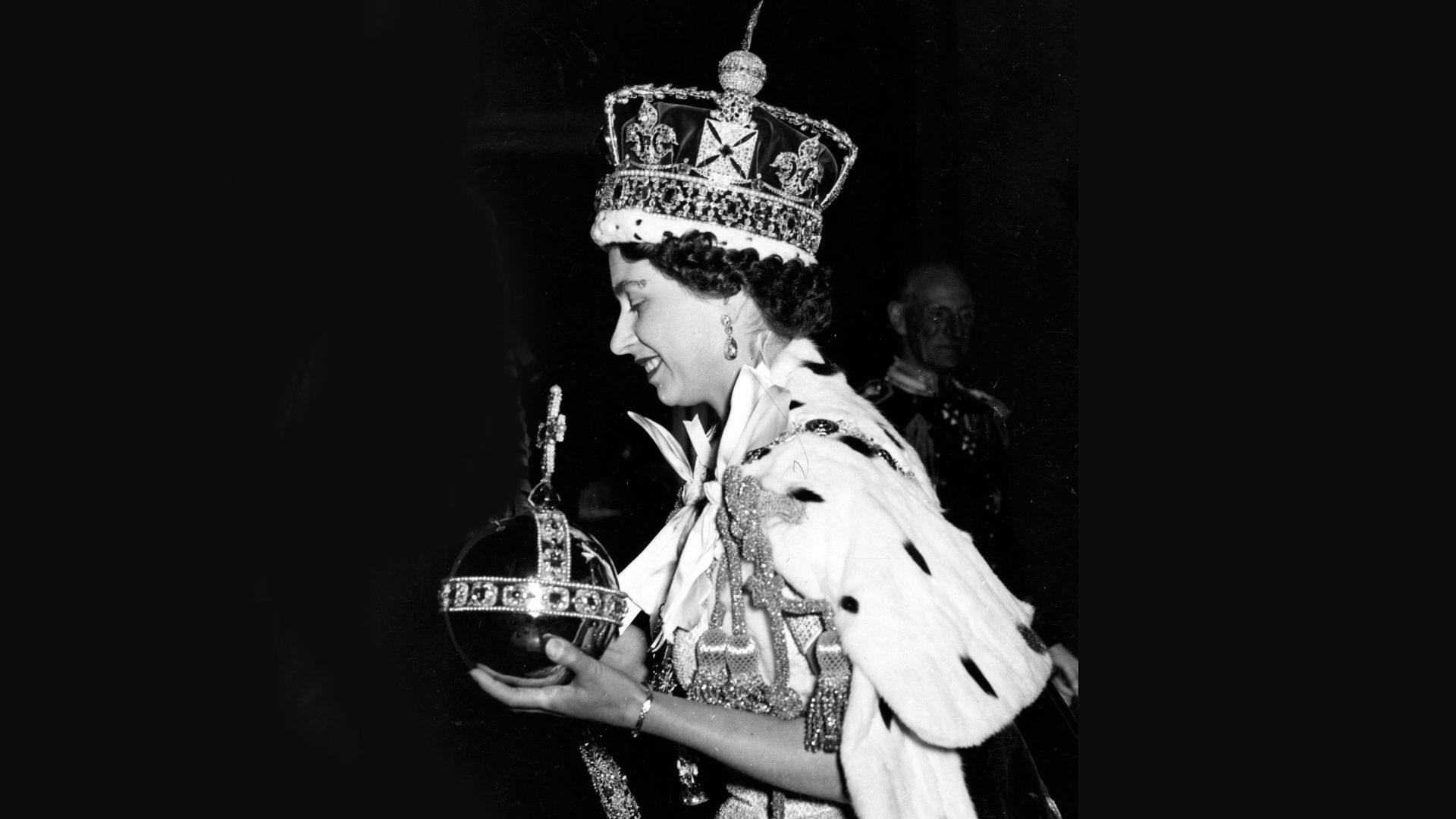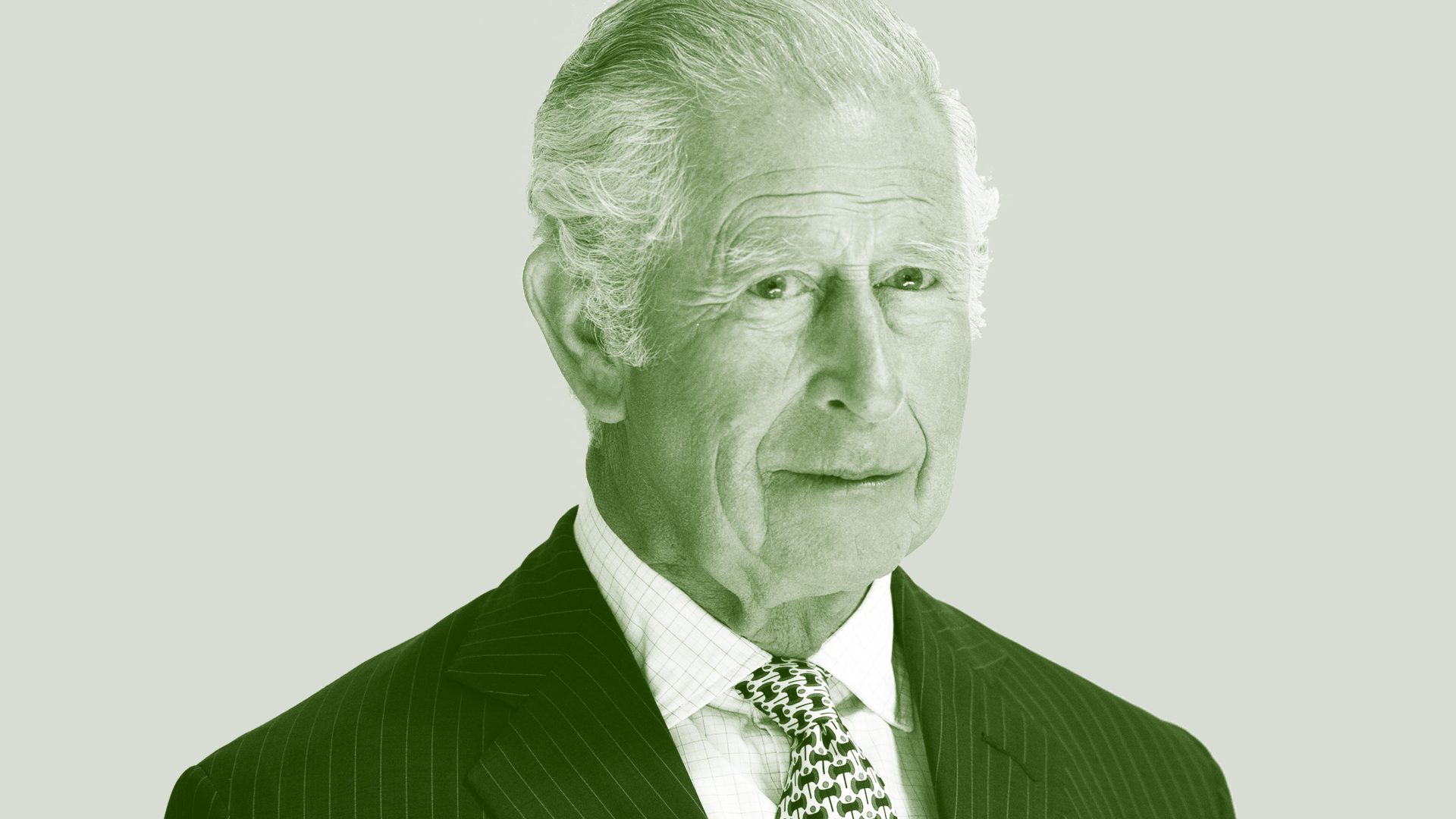Our Queen is gone.
We’ll get to “long live the King” later, but first: don’t think for a minute you can claim Elizabeth II for yourself alone. We fully share the “familial sense of loss” that Boris Johnson mentioned when he called her “a reference point in British life”.
For German life, the Queen was a point of reverence. We aren’t a country of royalists, obviously, but we turned into a republic of Elizabethans.
During her five state visits (annoyingly the French beat us, they got six) and on private tours the Queen had seen more of Germany than most Germans. Even during her last stay in 2015 with Prince Philip, despite their age, they had a packed schedule and took only short breaks. “They just wanted to do and see a lot,” people in charge remember.
So it wasn’t only the national news that cleared the TV schedules and front pages to commemorate her (the best-selling Bild ran a 12-page special). Every local news outlet proudly ran headlines such as: “The Queen’s visit to Hamburg”, “… to Munich”, “… to Düsseldorf”, “When the Queen came to Koblenz and Kaub” (never heard of the latter), and my personal favourite: “The world grieves the loss of the Queen – in 1965 she was in Bielefeld.”
It was this first visit, only 20 years after the barbarities of yet another German world war, that did more for the Anglo-German relations than all diplomatic and political efforts before. For 11 days, Germany had a Queen and afterwards, Germans simply decided to keep her. At least in their hearts: A traditional yet modern woman, who had married for love, with a Prussian sense of duty, a mischievous sense of humour, integrity, impartiality, dignity – veiled in royal mystery.
No one here could be sure what she felt in private, through all the scandals and tragedies, but people surely felt with her. And whenever she came, even the most cynical among journalists begged for an invite.
When the Queen opened the British Embassy in Berlin in 2000, she said: “Berlin and Germany are now one. But history has not come to an end. We have before us a further European task. That is to expand the European Union so that those countries who for over 50 years were artificially excluded from the mainstream of European life can soon rejoin it, so that Europe as a whole, like Germany, can be without division.”
If only…
While the Queen’s position towards Brexit was disputed in the British press, Germans – even before the yellow-spots-on-blue-hat-hint – knew that she could only be a remainer: the queen of common sense.
Today a shiny carpet of flowers marks the entrance to the British Embassy. Among the candles, words of gratitude, watercolour paintings of the Queen and Paddington Bear, I spotted a bag of Haribo Gummibären (unopened). Someone must have loved her very dearly to part with those.
It takes about half an hour to pass security and enter the foyer. There are easels with pictures of the Queen in Germany (one with fans at Brandenburg Gate, one with Angela Merkel – also a fan). Next to them, people write thanks and farewell wishes into books of condolence. A guard tells me the books will be transported to Buckingham Palace, to be read. I forget to ask by whom but I’m sure there’s some royal role – His Majesty’s Most Honourable Scanner of International Condolences, probably.
You simply excel at all things protocol and splendour. Just like the lanky officer on duty who thanks everyone for having come, hundreds of Germans and expats so far.
Among the first ones to come were Frank-Walter Steinmeier, the Bundespräsident, and his wife: “Her Majesty reached out her hand to my country in reconciliation, and Germany remains committed to her example of friendship and humanity”, he wrote.
This commitment will outlive the Queen.
Sources close to Steinmeier’s Bellevue office and the embassy say that he and King Charles have established a relationship, they met several times in recent years and “get along well”. It is a relief that when governments don’t see eye to eye, there is common ground on the upper level.
Steinmeier was the first German head of state to be invited to lay down a wreath at the Cenotaph during Remembrance Sunday in November 2018, affectionately described by the Sun as “Hans of Peace”.
King Charles, on the other hand, has been to Germany more than 30 times. In November 2020, he gave a speech in parliament, both in English and German (which always impresses us). Even more impressive: actually making this visit, in the midst of the pandemic, sending the signal that despite Brexit and Covid, we still care about each other.
The affection exists on both sides. Charles may not be our King, as the Queen was our Queen. But people close to Steinmeier say that he has always been impressed by the sincerity of Charles’ environmental commitment. And in a country whose voters turn ever more green, he’s not alone.
One of my former colleagues still revels in the memory of a meeting with then-Prince Charles, who not only visited his relatives in southern Germany but also took the time to look in on a massive sow plus piglets, which had been raised in an eco-friendly way.
Pigs, Glücksschweine, are a symbol for luck here. So, Viel Glück, King Charles.




